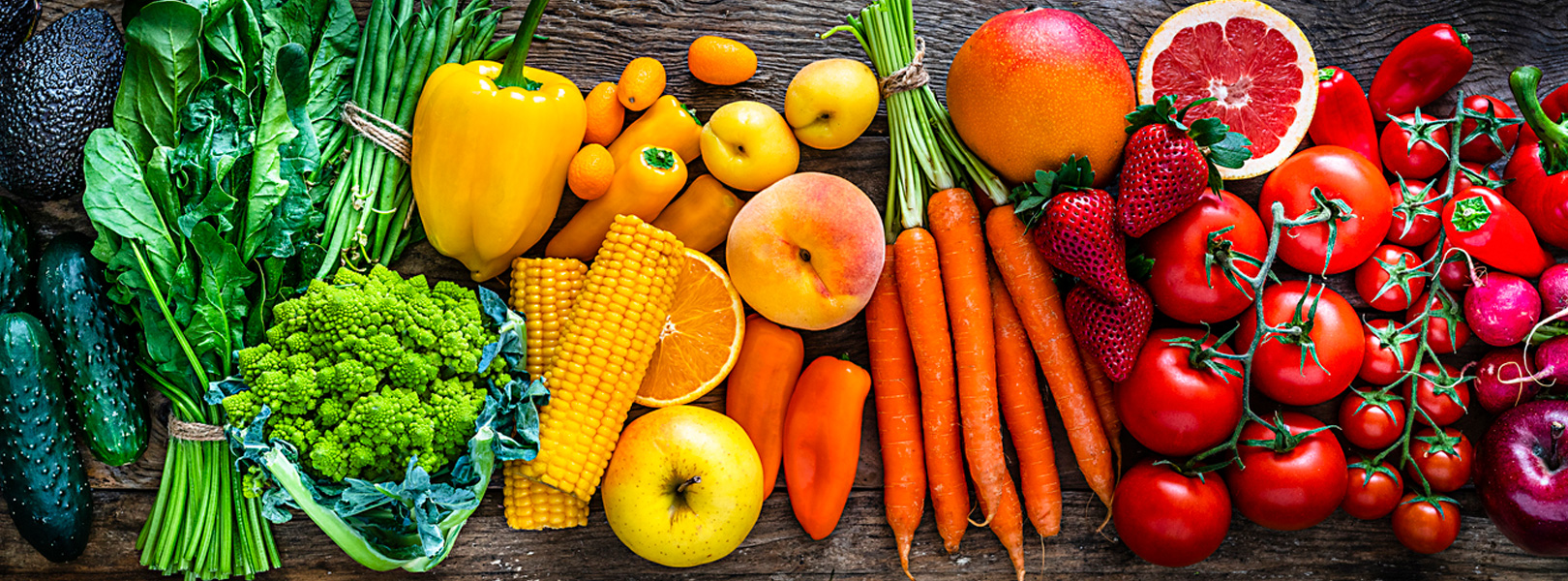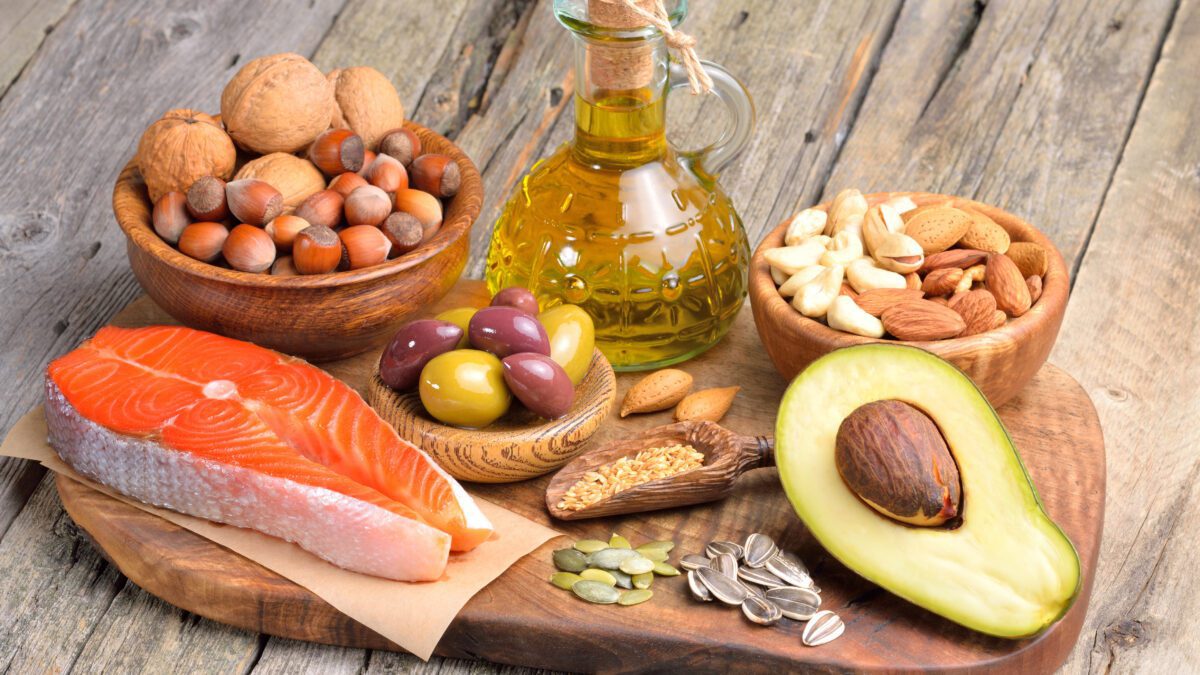The Future is Now: Unpacking the Hottest Health & Fitness Trends of 2025
The health and fitness landscape is a dynamic ecosystem, constantly evolving with new scientific insights, technological advancements, and shifting societal values. As we navigate through 2025, several exciting trends are not just emerging but solidifying their presence. Shaping how we approach our well-being. Gone are the days of one-size-fits-all routines; the future of health and fitness is hyper-personalized, digitally integrated, and deeply holistic.

This article explores the dominant health and fitness trends of 2025. Offering insights into what’s driving them, how they’re impacting individuals, and what to expect as these movements gain further momentum. From advanced biohacking to community-driven wellness, the emphasis is increasingly on sustainable, enjoyable, and data-backed approaches to health.
1. Hyper-Personalization Through Data and AI
The era of generic workout plans and diet recommendations is rapidly fading. In 2025, hyper-personalization is king, driven by an unprecedented integration of data and artificial intelligence (AI).
- Wearable Technology Evolution: Smartwatches


